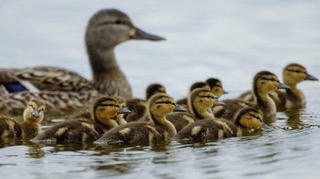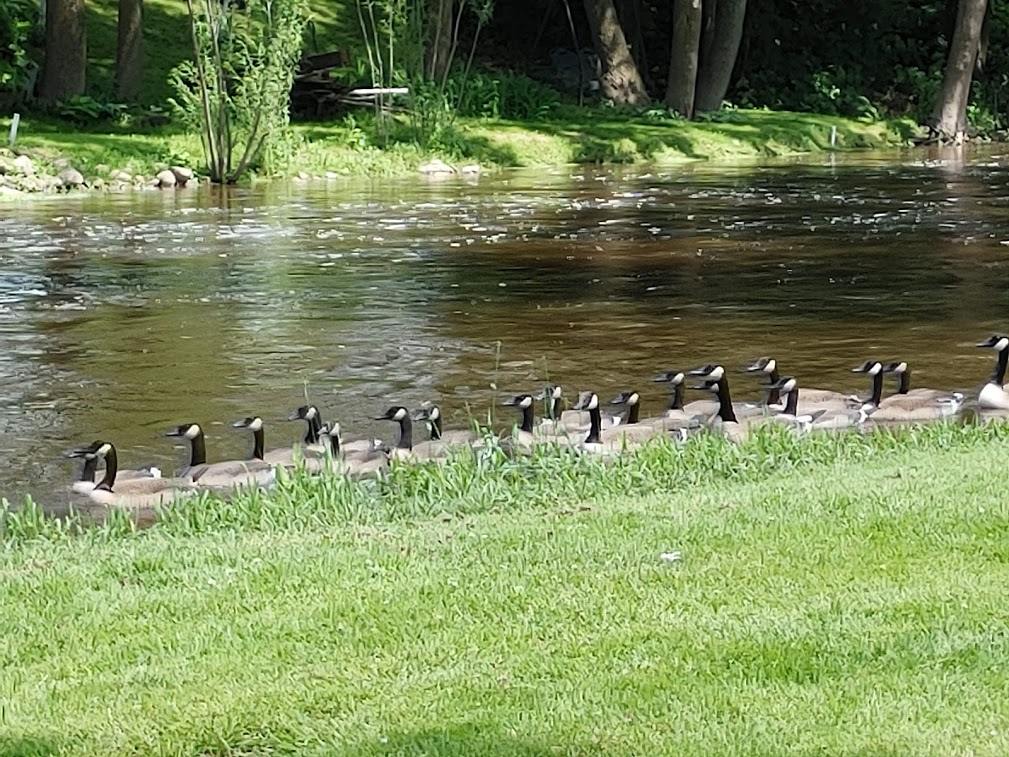Delta Waterfowl Applauds Manitoba’s Investment in Duck-Producing Wetlands
 |
GROW, a program based directly on Delta’s incentive-based approach to habitat conservation, will protect critical wetlands within working agricultural lands.
WINNIPEG, MANITOBA — Delta Waterfowl applauds Manitoba’s Growing Outcomes for Watersheds (GROW) — a program based directly on Delta’s incentive-based approach to habitat conservation — for advancing on its promise of conserving thousands of wetlands and other wildlife habitat on working agricultural lands. The Manitoba Habitat Heritage Corporation has selected 20 substantial GROW conservation projects that will receive more than $5.6 million, building on a commitment by the Manitoba government to stemming the tide of wetland losses within the province.
“Delta is grateful to see such bold action taken to conserve incredibly important breeding duck habitat,” said Dr. Scott Petrie, CEO of Delta Waterfowl. “GROW is a continued validation of Delta’s long-standing work to conserve small wetlands on working farms, including through programs such as Working Wetlands, Adopt-a-Pothole, and Alternative Land Use Services. We have appreciated having the opportunity to demonstrate to the Manitoba government that an investment in small, duck-producing wetlands is good policy.”
GROW provides voluntarily enrolled farmers with financial incentives for conserving habitat, including small, shallow wetlands — those most at-risk of drainage and also the most important to upland-nesting ducks such as mallards, pintails and teal. Funding is being provided by the recently established GROW and Conservation Trusts.
“We are making investments in watersheds today that will provide environmental benefits for decades to come,” said Manitoba’s Agriculture and Resource Development Minister Blaine Pedersen. “Local expertise, the commitment of landowners and the support of our partners will help ensure these projects protect our water quality, sustainably manage our natural resources, and leave a sustainable legacy for all Manitobans to enjoy.”
Additionally, GROW incentive payments pair nicely with complementary regulations protecting Manitoba’s wetlands. These moves come at a critical juncture for waterfowl conservation in Canada. Recent analysis suggests the annual wetland loss across sample areas of the Canadian prairie pothole region was 2.2 percent annually from 2001 to 2011. Many people fear the loss rate has accelerated in recent years, with dramatic consequences for nesting ducks.
“We know that when those wetlands disappear from the landscape, productive breeding duck habitats are lost forever,” said John Devney, senior vice president of Delta Waterfowl. “That’s among the reasons why Delta believes it’s critical to work with farmers and ranchers, through voluntary, incentive-based tools, to conserve the most vulnerable, productive wetlands for nesting ducks — small, shallow wetlands. That approach engages private landowners in a positive manner while affecting large-scale waterfowl conservation.”
GROW is delivered by Manitoba’s watershed districts and led by local committees. The initial conservation projects will include all 14 watershed districts in agro-Manitoba. To learn more, visit https://gov.mb.ca/sd/water/watershed/index.html.
For more information, contact John Devney at (701) 471-4235 or jdevney@deltawaterfowl.org.
Delta Waterfowl Foundation is The Duck Hunters Organization, a leading conservation group working to produce ducks and secure the future of duck hunting in North America. Visit deltawaterfowl.org.
You may also like
-
Preserve Wisconsin’s legacy: Renew the Knowles-Nelson Stewardship Program | Opinion
-
Bringing New Hunters Afield: Inside NDA’s First Field to Fork Rifle Event on a Refuge
-
Minnesota Bill to Legalize Eating Beaver
-
BIGGER BUCKS OUTFITTERS has a deal for you!
-
Animal Extremists Mount Legal Offensive Against Sportsmen
